In the hustle of New York City’s packed subways and bustling streets, is energy cleansing the secret weapon for maintaining your sanity? As urban life intensifies, more Americans are turning to this practice to shield their mental space from overwhelming vibes. Energy cleansing, essentially the act of clearing negative energies from your aura, is gaining traction among stressed-out city dwellers. It’s not just woo-woo; experts say it helps empaths and sensitive folks navigate crowded environments without burnout. With rising interest in mindful living, this technique could be your ticket to inner peace amid the chaos.
What Exactly Is Energy Cleansing?

Energy cleansing refers to methods used to remove stagnant or negative energy from your personal field, much like dusting off mental cobwebs. Rooted in ancient traditions, it’s adapted for modern life, especially in high-density areas like Los Angeles or Chicago. Practitioners use tools such as sage smudging, sound baths, or visualization to reset their vibe. In 2025, with remote work fading and commutes returning, this practice is seeing a surge. It’s about reclaiming control over how external energies affect you, turning a crowded elevator into a non-issue.
Why Crowded Spaces Drain Your Energy
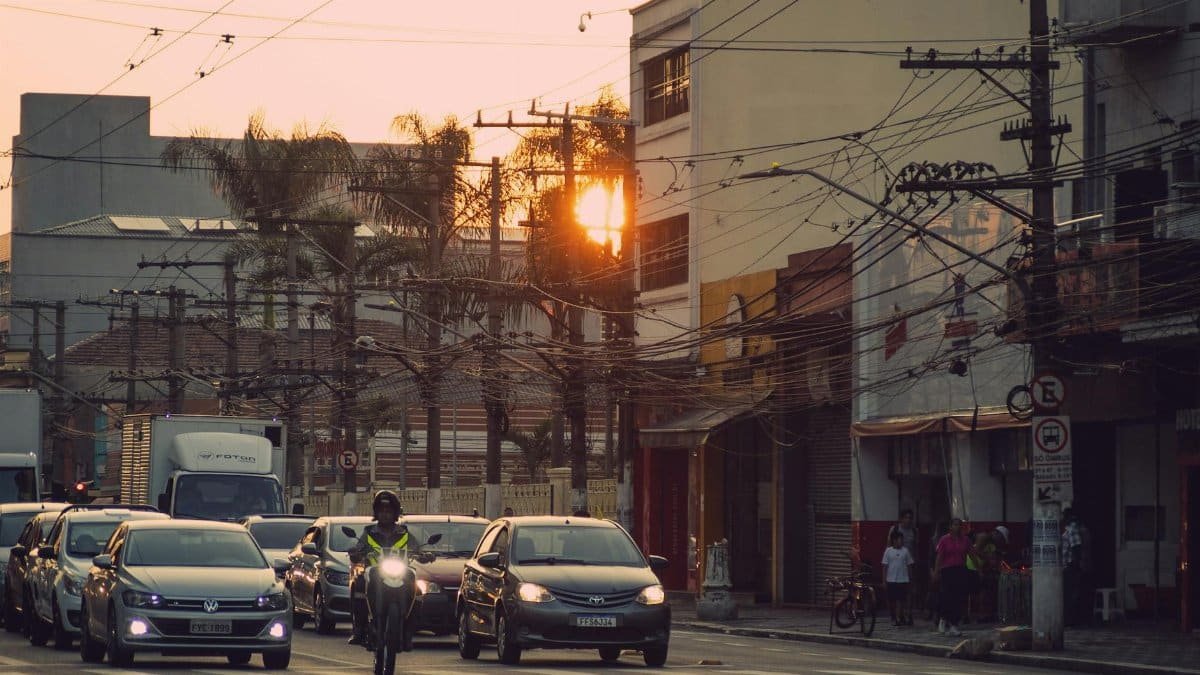
Crowded places bombard you with a mix of emotions, stress, and chaos from strangers. Think Times Square on New Year’s Eve—pure energy overload. Sensitive individuals, or empaths, absorb this like sponges, leading to fatigue, anxiety, or irritability. Studies from the American Psychological Association highlight how urban density contributes to mental health strain. Energy cleansing acts as a buffer, helping you detach and protect your peace. Without it, daily commutes can erode your well-being, making simple outings feel exhausting.
Simple Techniques for On-the-Go Cleansing
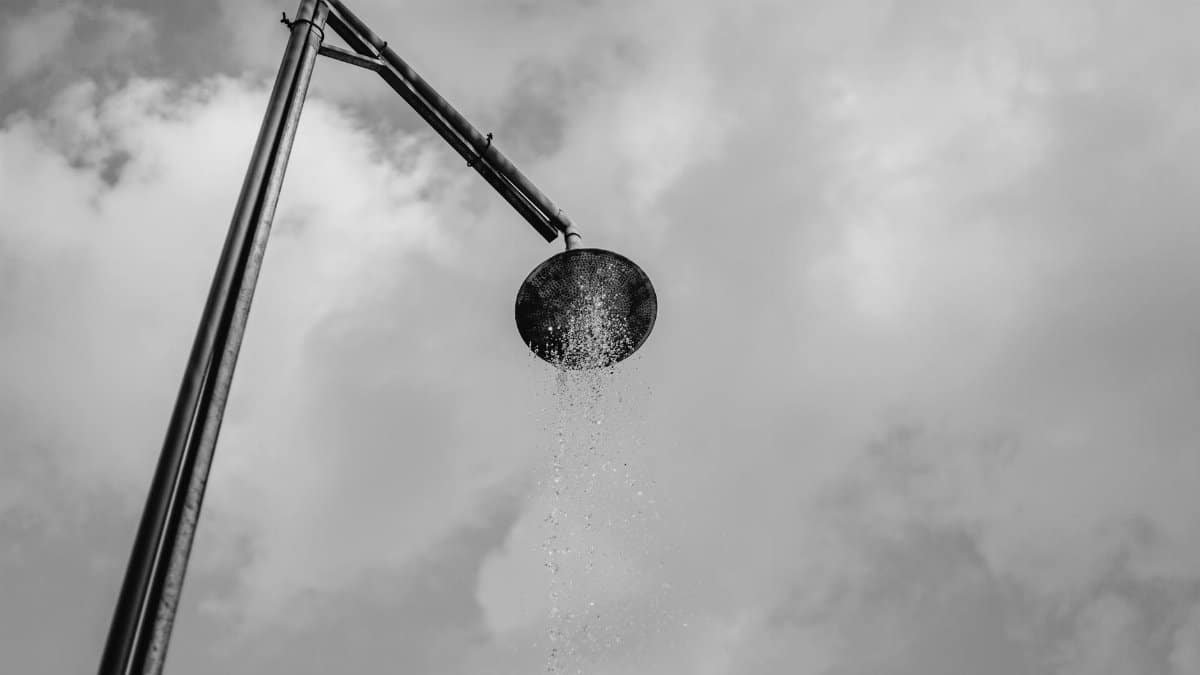
You don’t need a quiet room; energy cleansing can happen anywhere. Start with deep breathing: Inhale positivity, exhale negativity while visualizing a protective shield. Carry crystals like black tourmaline in your pocket to ward off bad vibes during rush hour. Salt baths at home reset after a long day in the city. Apps now guide quick meditations for subway rides. These hacks make it practical for busy professionals juggling meetings and metros.
The Science Behind Spiritual Hygiene
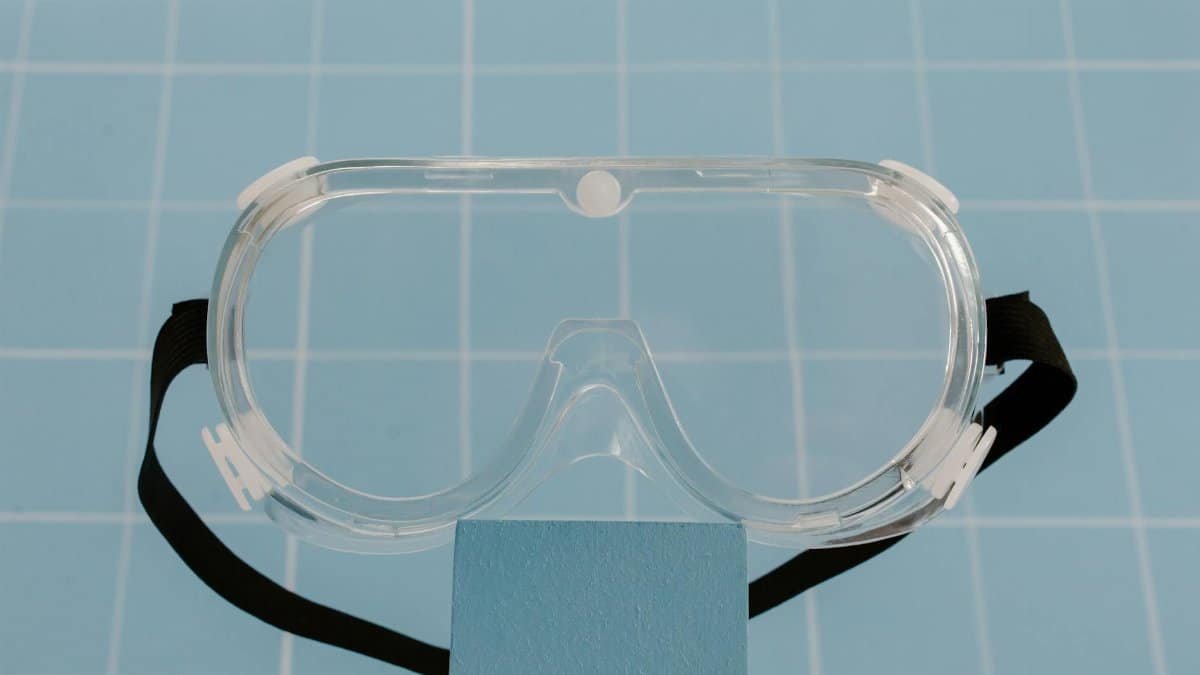
While energy cleansing sounds mystical, there’s emerging science backing it. Research on biofields suggests humans emit and interact with electromagnetic energies. A study from the HeartMath Institute explores how heart coherence techniques reduce stress in social settings. For more, check HeartMath Institute Research. Psychologists link it to mindfulness, which lowers cortisol levels. In crowded U.S. cities, where stress-related disorders are up 20% per recent CDC data, these practices offer real relief.
Real Stories from Urban Dwellers
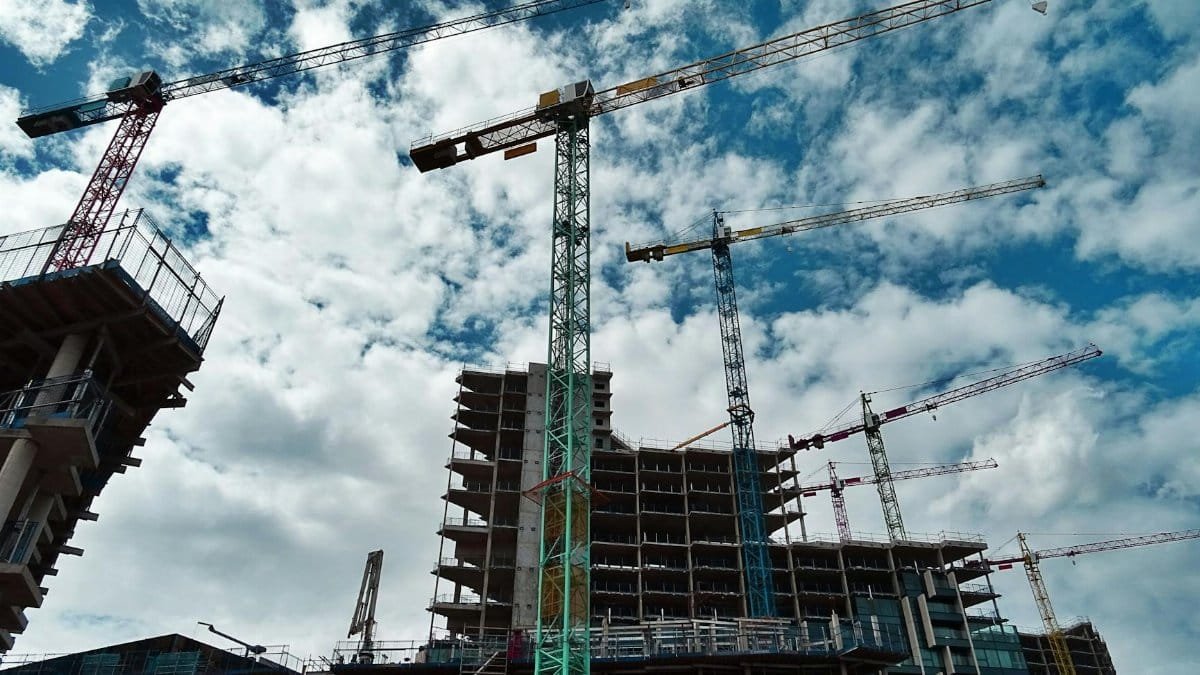
Take Mia Rodriguez, a Brooklyn teacher who felt drained after packed classrooms. She started daily energy cleansing with essential oils and noticed sharper focus and less overwhelm. “It’s like hitting reset,” she says. Similarly, tech worker Jake Thompson in San Francisco uses sound frequencies via headphones during BART rides. These anecdotes mirror a trend: A Pew Research survey shows 35% of millennials engage in alternative wellness to combat urban stress. Such stories underscore how this practice fosters resilience in fast-paced environments.
Common Tools for Effective Cleansing
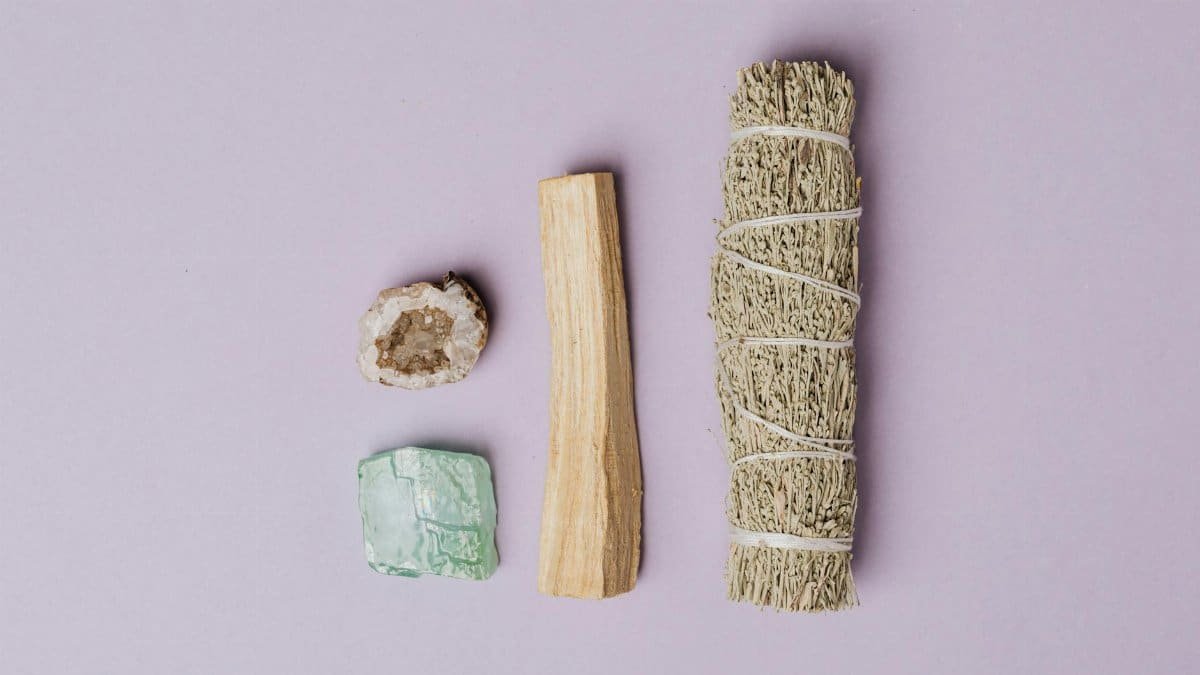
Popular tools include smudging sticks, made from white sage, to clear spaces. Crystals, essential oils like lavender, and Tibetan singing bowls provide auditory cleansing. For portability in crowded spots, try palo santo sticks or apps with binaural beats. Experts recommend starting small; even a quick hand-washing ritual with intention can work. In 2025, online marketplaces report booming sales of these items, reflecting growing demand among city residents seeking calm.
Challenges and How to Overcome Them
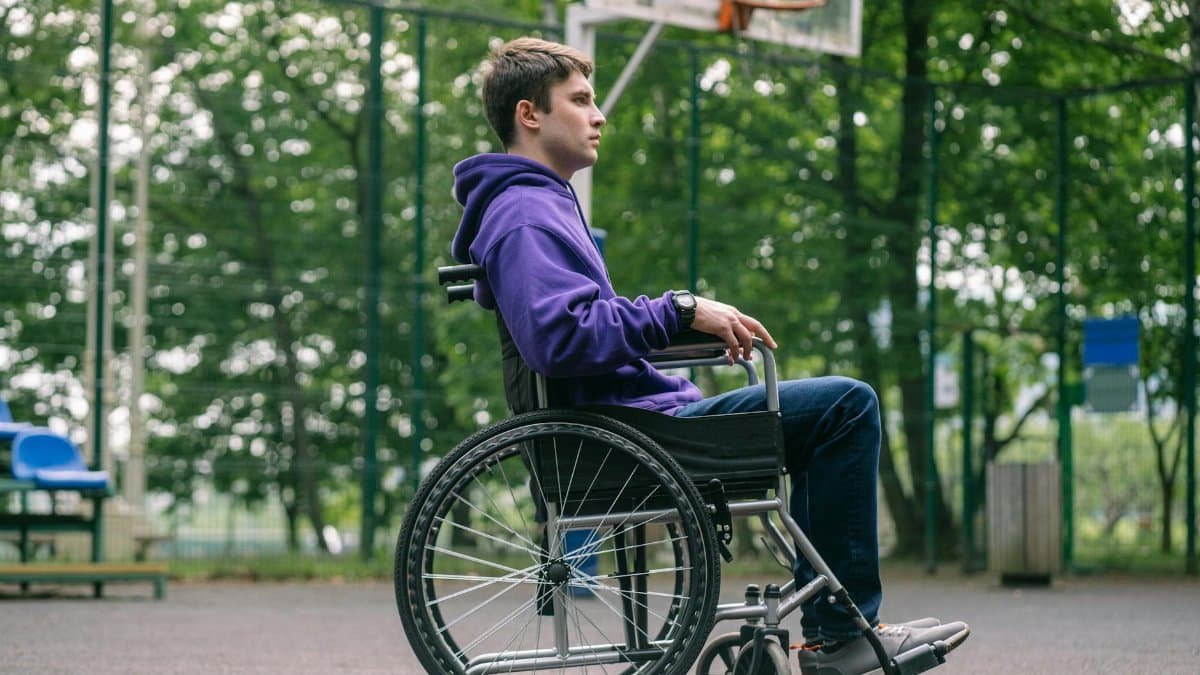
Skepticism is a big hurdle—many dismiss energy cleansing as pseudoscience. Busy schedules also make consistency tough. Overcome this by integrating it into routines, like a morning affirmation before heading into Manhattan traffic. If you’re in a conservative workplace, keep it discreet with mental visualizations. Building habits takes time, but persistence pays off. Resources from reputable sites like the National Center for Complementary and Integrative Health offer evidence-based insights. Visit NCCIH Website for more on mindfulness practices.
Integrating Cleansing into Daily Life
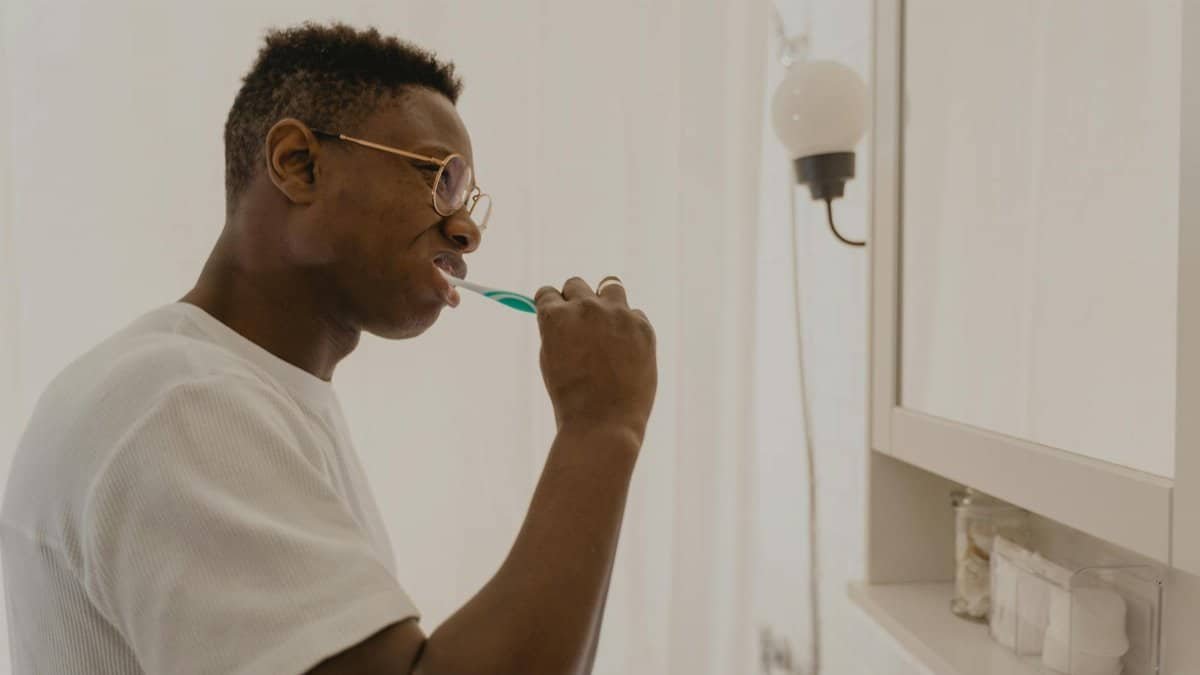
Make energy cleansing a habit by setting reminders for quick sessions. Before entering a crowded mall or event, ground yourself with feet planted and deep breaths. At home, create a ritual space for deeper cleanses. Combine it with exercise, like yoga in the park, to amplify benefits. In diverse U.S. communities, from Miami’s beaches to Seattle’s markets, people adapt these methods culturally. The key is personalization—find what resonates to protect your peace consistently.
Long-Term Benefits for Mental Health

Regular energy cleansing can lead to reduced anxiety and improved emotional regulation. Users report better sleep and heightened intuition, crucial in navigating social dynamics. In a post-pandemic world, with social interactions ramping up, this practice supports recovery from isolation fatigue. Mental health experts note parallels to cognitive behavioral techniques, fostering a proactive mindset. As 2025 brings more hybrid events and gatherings, maintaining energy hygiene could be essential for sustained well-being in America’s bustling hubs.
When to Seek Professional Guidance

If self-cleansing isn’t enough, consult a Reiki master or holistic therapist. Signs you need help include persistent fatigue or emotional overload in crowds. Professional sessions provide deeper insights and tailored strategies. In cities like Boston or Atlanta, wellness centers offer group classes. Remember, it’s complementary to therapy; combine with professional mental health support for best results. This approach ensures energy cleansing enhances, rather than replaces, conventional care.
